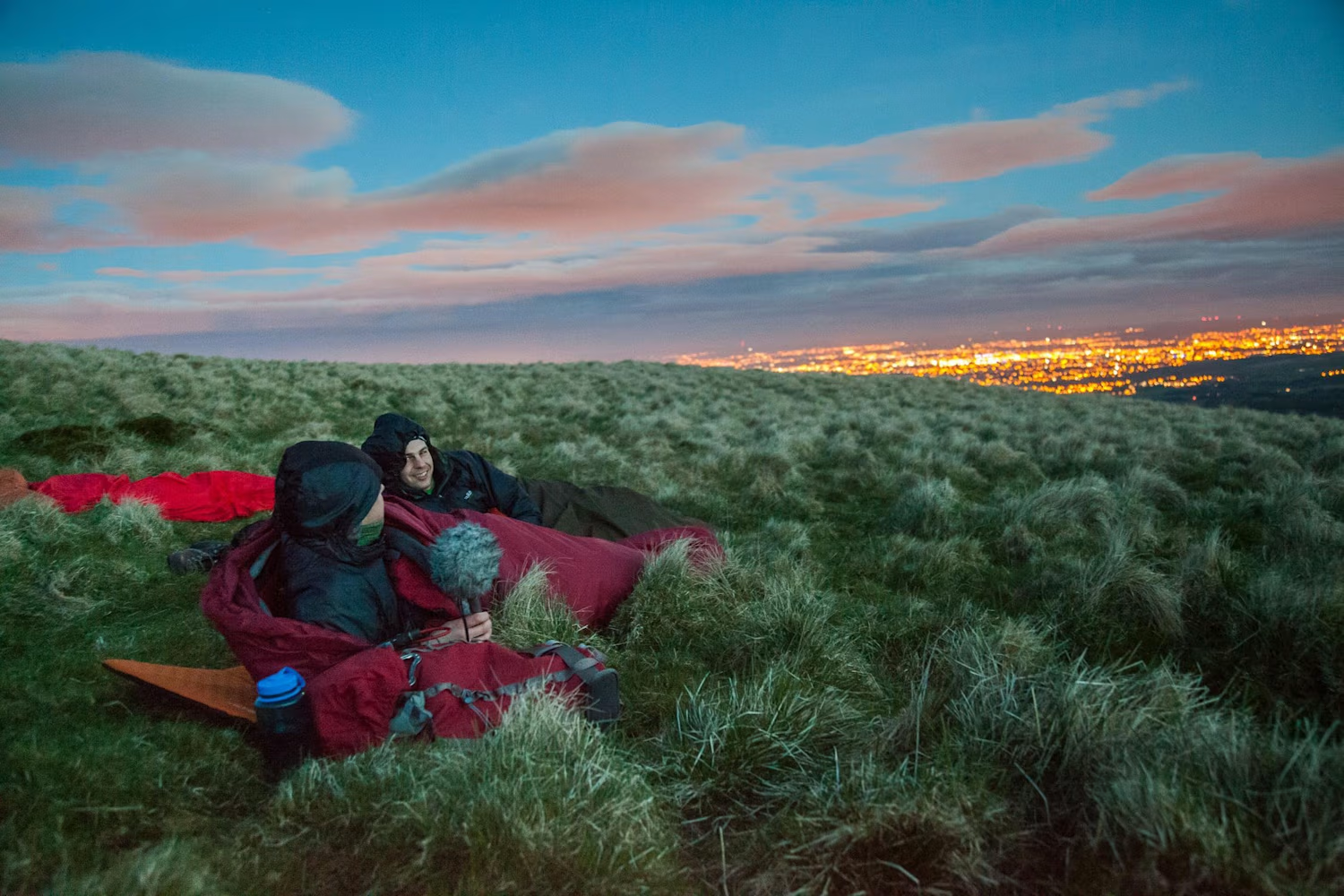Solo travel isn’t just about packing a bag and heading out on your own—it can be a transformative journey for mental health. Being alone in a new place pushes you out of comfort zones, boosting self-confidence and resilience. When you’re responsible for your path—from navigating unfamiliar streets to choosing what to see and eat—you begin to trust your decision making more. Studies and travel psychology experts note that these experiences help travelers feel more capable, independent, and adaptable.
Beyond that, solo travel gives you precious space for self-reflection and emotional clarity. Without the distractions of daily routines, relationships, or digital noise, many solo travelers find they can listen to their own thoughts, process feelings, and see patterns in their life more clearly. This kind of solitude can reduce stress and anxiety, as you slow the pace and reconnect with what truly matters. Mindfulness flourishes when your itinerary is your own, when quiet mornings in a new location allow you to feel present.
Finally, solo travel often strengthens your mental resilience and shifts perspective in ways that stay with you long after you return home. Overcoming logistical challenges—language barriers, unexpected detours, or being outside of your routine—teaches problem-solving and flexibility. It’s in those moments of uncertainty that you learn you can cope, adapt, and thrive. Many travelers say the confidence, self-reliance, and enhanced gratitude they bring back enrich their daily lives—work, relationships, creativity—with contentment and a clearer sense of self




